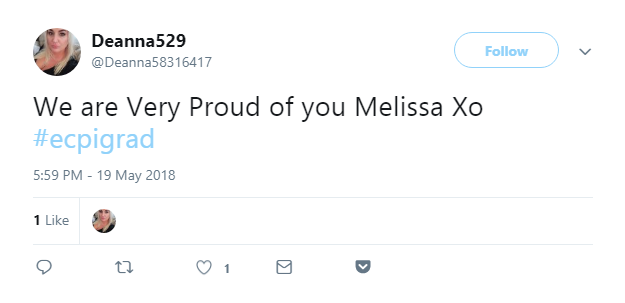Do Online College Courses Transfer?
According to the National Center for Education Statistics, 20.4 million students enrolled in college and university programs in fall 2017. Of that number, 8.1 million were over the age of 25 years. While many older students may just be starting their pursuit of higher education, many of them were continuing abandoned degree programs or seeking additional certifications relevant to their current positions. These students may have already earned online or in-person credits that could be used towards their new degree.
How can students transfer existing college credits to their new school? What are the advantages of applying previously earned credits?
Transferring College Credits
While methods and expectations may vary, most accredited degree programs have similar requirements, regardless of what school the student attends. This is especially true of lower-level general education classes. However, not all credits are instantly transferable. In order to be transferred, your previous coursework must meet these standards:
- Come from a school that is regionally and/or nationally accredited by a board that has the approval of the US Department of Education.
- Coursework completed with a final overall grade of at least a C (2.0).
- Previous course requirements similar in scope and content to the equivalent course at the target school.
Your target school makes the final decision on which classes will transfer. They will also determine how much those credits will be worth towards your new degree. Some schools will allow learners to use 2/3 of their previously earned credits on the new program. This means a 3-credit class would net the applicant 2 credits towards their new degree. Other schools will accept the entire class as credit.
Some returning students may have earned their original credits many years ago. For general education courses like English and basic math and science, these credits may still transfer. More technical courses, like computer technology and medical sciences, should be repeated in order to ensure the student has the most recent and relevant information.
Talk to a counselor at your target school about your previously earned credits. They will help you determine the best way to apply your existing education to your new program.
Advantages of Transfer Credits
Transferring credits shortens the amount of time learners need to invest in their new program. This allows them to focus only on the information that helps them achieve their goals. However, there are other important advantages to transferring previously earned credits.
- Students who transfer credits enjoy more flexible education options. Instead of being stuck in repetitive, remedial classes, they can use their time exploring elective courses. This gives them the ability to gain a deeper understanding of their field of study.
- Without the burden of basic requirement courses, students can concentrate on information in their field. This leads to an increase in motivation, which ensures that they’ll finish their degree program.
- In most modern higher education settings, students are exposed to learners from different age ranges. Bringing your previous experience to the classroom is an illuminating experience during open discussions. Comparing and contrasting your experiences with those of younger students adds depth to the material for the whole class.
Are you interested in continuing your education? ECPI University offers online courses in a variety of degree fields. Find if your previously earned credits will transfer to our associate, bachelor's, master's, and certificate programs. Contact our admissions counselors today for more information.
It could be the Best Decision You Ever Make!
DISCLAIMER – ECPI University makes no claim, warranty, or guarantee as to actual employability or earning potential to current, past or future students or graduates of any educational program we offer. The ECPI University website is published for informational purposes only. Every effort is made to ensure the accuracy of information contained on the ECPI.edu domain; however, no warranty of accuracy is made. No contractual rights, either expressed or implied, are created by its content.
For more information about ECPI University or any of our programs click here: http://www.ecpi.edu/ or http://ow.ly/Ca1ya.





